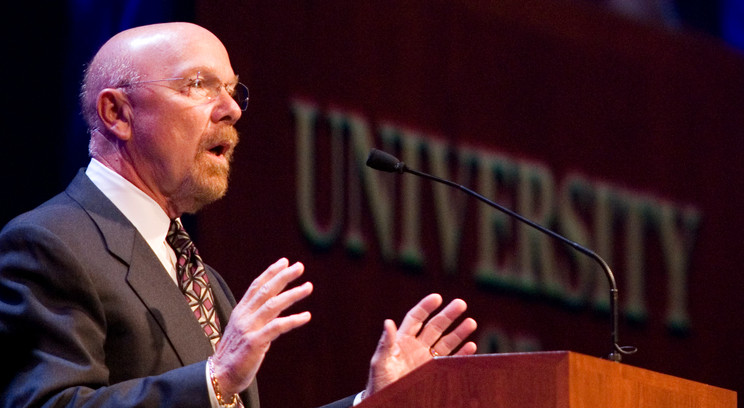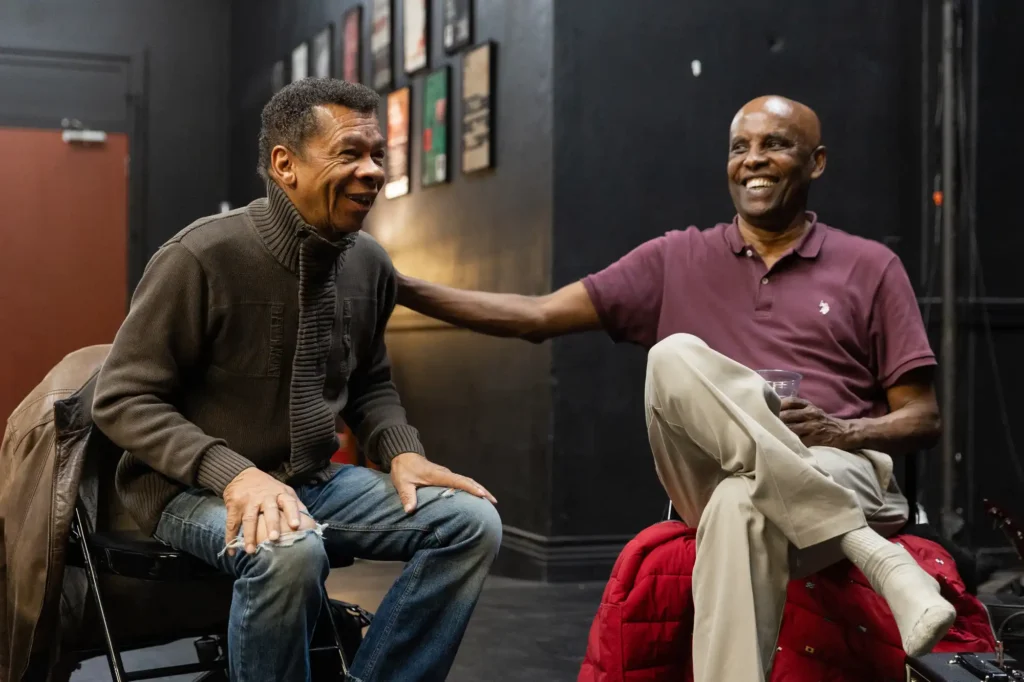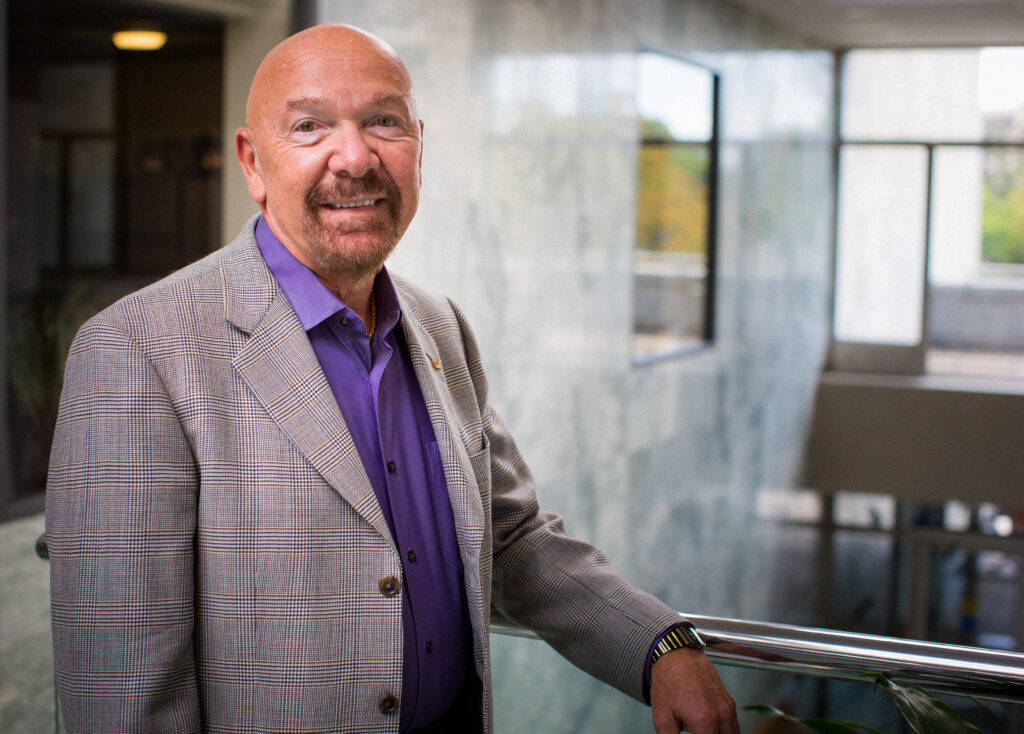I first met Dick Schulze ten years ago this month when I was being considered as a possible candidate for the deanship at St. Thomas’ newly-formed college of business. In the 10 years I have known Dick, both in his role as a University of St. Thomas trustee and as the chair of the Opus College of Business Strategic Board of Governors - which advises me on matters related to the college - he has always acted with the highest standard of integrity and unquestioned commitment to his values, which include fairness, honesty and loyalty. His generosity is marked by eight-figure gifts to the University of St. Thomas and the Mayo Clinic, as well as a large financial gift to fund the search for a cure for diabetes at the University of Minnesota Medical Center. So, amid the recriminations and lamentations regarding Dick’s role in the Best Buy CEO turmoil, I suggest that we should not let the blinding light of hindsight confuse or damage the image of Dick Schulze, the man, the visionary founder of a still-great enterprise and a generous benefactor who has used a measure of his wealth to help make our world a better place.
In the past month, the Best Buy board of directors, acting upon a recommendation from a high-profile legal team investigating the sudden departure of the Best Buy CEO for an alleged improper relationship with a female employee, determined that Dick had exercised poor judgment when he confronted the CEO, a long-standing Best Buy leader and close colleague, with these allegations. When the CEO denied the relationship, Dick accepted that denial at face value. Considering the issue closed, he did not inform the board’s audit committee of the discussion or of the alleged transgression. For these reasons, the Best Buy board determined that Dick should step down from his position as chair this June and further give up his seat on the board in the following year.
Is Best Buy better off without the presence of Dick Schulze? I seriously doubt it. One of the finest and most insightful minds in the consumer electronics industry is sidelined when the company he founded may be most in need of his vision.
Was Dick wrong to have acted as he did? Most likely, but those who know Dick can understand the conflict of loyalty to a trusted, long-time colleague whose believable denials made reporting the alleged relationship a much more challenging dilemma. Dick’s “error” was real. He trusted a close subordinate, clearly believing that the involved employees would have no recriminations. This is not the typical “mistake” we see top management making, and there are no indications that either customers or suppliers were financially or otherwise harmed. While I am in no way condoning Dick’s actions, it is important to view this in a broader context. And in this broader context, we see a man who has created thousands of jobs, created a powerful retail brand, and made good things happen for a great many people.
The Opus College of Business takes pride in our position as a leader in the field of business ethics, and this represents a prime example of ethics in action. Dick followed his values and has endured the consequences. It will likely be several years before the toll of this unfortunate series of events is accurately tallied or understood.
When we speak of educating highly principled global business leaders, we intend for our graduates to reflect a lifetime of professional and personal actions that manifest their values and also produce meaningful results in their chosen fields of endeavor. Moreover, the measure of a principled leader in not only one’s accomplishments but the way in which these results are achieved. When we look at Dick Schulze’s accomplishments and how they have been achieved, there is much for us to learn and seek to replicate.
Christopher Puto, PhD. is dean of the Opus College of Business







